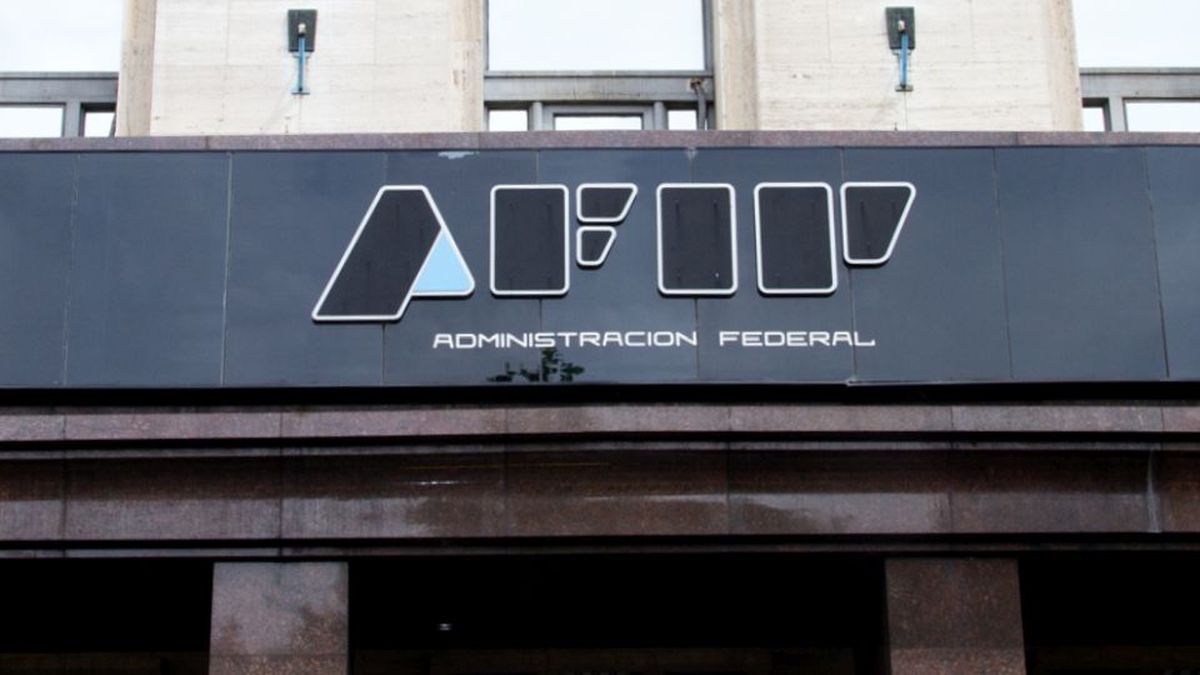It should be noted that only those assets that were owned by them or that were in their possession, holding or custody, as of December 31, 2023, inclusive (i.e., the “Regularization Date”) may be regularized. To this end, the subjects adhering to this regime must prove the ownership, possession, holding or custody of the assets at that time.
Requirements for whitening
The regularization mechanism requires a sworn statement in which the taxpayers must identify the assets for which they are requesting the application of the Asset Regularization Regime, according to the guidelines established by the regulations. Likewise, at the time of filing said sworn statement, or at a later time as indicated by the regulations, taxpayers must present reliable evidence and any other documentation necessary to prove the ownership and/or value of the regularized assets, according to the guidelines established by the regulations.
It was established that the taxable base for determining the “Special Regularization Tax” will be calculated in US dollars and will be the total value of the assets regularized through money laundering. For the purposes of calculating it, it will be taken into account that the values that are measured or expressed in Argentine pesos will be converted to US dollars using the exchange rate set by regulation by the national Executive Branch, which must take as a reference the implicit exchange rate that arises from dividing the last quote of a certain public security with settlement in pesos in the priority price time segment in BYMA and the last quote of said security with settlement in dollars in local jurisdiction, the day before the Regularization Date (“Regularization Exchange Rate”).
Valuation of the assets to be declared
If the assets or valuations are denominated in a foreign currency other than US dollars, the regulations will establish the exchange rates to convert said foreign currency to US dollars for the purposes of calculating the tax base of the Special Regularization Tax, taking as a reference the quotation of said foreign currency against the US dollar in the various markets of the world on the Regularization Date.
For urban properties located in Argentina, the regulations may establish minimum market values (in Argentine pesos or US dollars) per square meter, taking into account the average market value of the various geographic areas in which the urban property is located. For rural properties, the regulations may establish minimum market values (in Argentine pesos or US dollars) per hectare, taking into account the average market value of the various geographic areas in which the rural property is located.
In all cases where the regulations choose to set a minimum value, the taxpayer may submit to the Federal Public Revenue Administration (AFIP) documentation to demonstrate that the market value of the asset on the Regularization Date is lower than the minimum value and to request a reduction of the tax base to said market value. The regulations will establish the procedure and documentation to be submitted for this purpose and the means of reimbursement of the Special Regularization Tax paid in excess, if the market value reported by the taxpayer is validated by the Federal Public Revenue Administration;
The new addition is cryptocurrencies, crypto assets and other similar assets and, in this case, “its market value on the date of registration in the Regime or its acquisition value, whichever is greater” will be taken into account.
Benefits of those who whiten
Subjects who adhere to the money laundering are released from all civil actions and from tax, exchange, customs and administrative infractions that may correspond for the non-compliance of the obligations linked to or originating from the assets, credits and holdings declared in this regime, in the income that they have generated and in the funds that have been used for their acquisition, as well as the collection and liquidation of the foreign currency from the Regularization of Assets of said assets, credits and holdings.
This exemption includes managing partners and managers, directors, trustees and members of the supervisory boards of companies covered by the General Companies Law 19,550 (text consolidated in 1984 and its amendments), and equivalent positions in cooperatives, mutuals, civil associations, foundations, trusts and undivided estates, mutual investment funds, legal representatives of branches of foreign companies and professionals certifying the respective balance sheets.
They are also exempt from paying any taxes that have not been paid and that originate from the assets declared in this regime, as well as from the respective accessory obligations.
The externalization tax
The Special Regularization Tax must be paid in US dollars in most cases and the regulations will establish the mechanism to receive payment through transfers in US dollars made from abroad. Failure to pay within the granted period will cause all benefits of the money laundering to be voided.
Public officials are excluded from the provisions of this regime if they have held the majority of positions in the last ten years from the date of current entry into force, including President and Vice President of the Nation, Governor, Vice Governor, Head or Deputy Head of Government of the Autonomous City of Buenos Aires or Municipal Mayor; National, Provincial or Buenos Aires City Senator or Deputy, or Municipal Councilor, or Mercosur Parliamentarian, Magistrate of the National, Provincial, Municipal or Buenos Aires City Judicial Branch; among others.
Likewise, relatives of public officials are excluded, i.e. spouses and cohabitants and ascendants and descendants in the first and second degree, by consanguinity or affinity, and collaterals in the second degree by consanguinity or affinity. Former spouses and former cohabitants are also included.
Details of the regulations
The regulation invites the provinces, the Autonomous City of Buenos Aires and the municipalities to adhere to the Asset Regularization Regime, adopting measures aimed at releasing local taxes and fees that declarants have failed to pay in their respective jurisdictions.
Subjects that adhere to the Asset Regularization Regime will not be able to register in undeclared asset regularization regimes, whatever their name, that could eventually be implemented until December 31, 2038.
The National Executive Branch, the Federal Public Revenue Administration, the Central Bank of the Argentine Republic and the National Securities Commission They must issue the respective regulations within a maximum period of ten days from the publication of this law. in the Official Gazette. That is to say before July 18th and the provisions on money laundering will come into force upon publication in the Official Gazette.
Source: Ambito
I am a 24-year-old writer and journalist who has been working in the news industry for the past two years. I write primarily about market news, so if you’re looking for insights into what’s going on in the stock market or economic indicators, you’ve come to the right place. I also dabble in writing articles on lifestyle trends and pop culture news.




